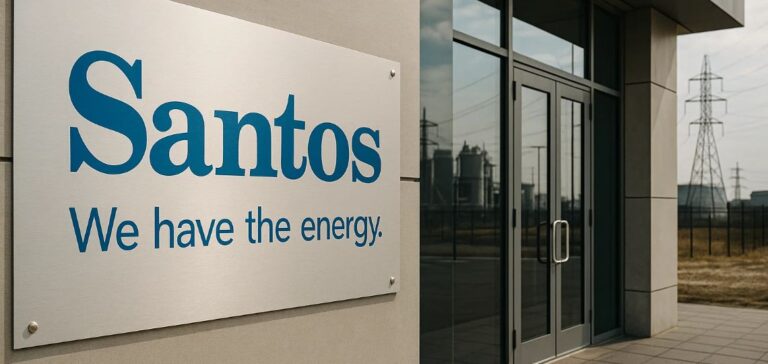Australia’s National Native Title Tribunal has authorised the implementation of the Narrabri gas project led by Santos, one of the country’s leading energy companies. The project, valued at $2.3 billion (AUD3.6bn), includes plans to drill more than 800 coal seam gas wells in northwestern New South Wales. It is aimed at supplying the domestic market with natural gas amid increasing pressure on energy supply.
Located on land claimed by the Indigenous Gomeroi people, the project has faced several legal challenges, particularly under the Native Title framework—a legal recognition of land rights for Indigenous communities in Australia. Despite these disputes, the tribunal found that public interest, especially energy supply security, justified approving the project.
A strategic project for the domestic market
Santos states that the entirety of the gas produced will be allocated to the Australian market, potentially meeting up to 50% of New South Wales’ demand. The company argues that the proximity of production will help lower costs and stabilise energy prices for local consumers.
According to a previous statement by Santos, “gas produced close to market has an economic advantage over gas imported from other states or overseas.” This approach aligns with broader efforts by Australian operators to strengthen domestic supply amid infrastructure constraints.
A context of supply pressure
In a report published last year, the Australian Competition and Consumer Commission (ACCC) warned that the country’s east coast could face natural gas shortages as early as 2027 if new volumes are not made available. Australia, despite being one of the world’s largest liquefied natural gas exporters, is experiencing imbalances in its domestic market during peak demand periods.
The tribunal acknowledged that the Narrabri project could have a negative environmental impact but concluded that “the net public benefits outweigh the risks,” according to Reuters on May 20.






















